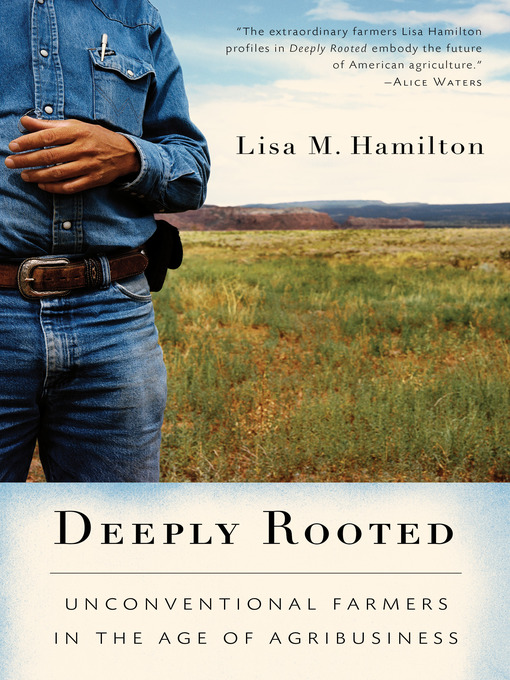- New eBook additions
- Available now
- Travel Guides - Always Available!
- Home Cooking
- Duke Classics
- Immerse Yourself in a Long Sweeping Saga
- Mindfulness and Meditation
- Take Up a New Hobby
- New kids additions
- New teen additions
- Most popular
- Try something different
- Asian & Pacific American Heritage
- See all ebooks collections
- New audiobook additions
- New teen additions
- New kids additions
- Most popular
- Available now
- Great Narrators
- Learn a New Language!
- Try something different
- Audiobooks for your Commute
- Audiobooks for the Whole Family
- Everyone's Favorite Kids' Books of 2023
- See all audiobooks collections
- Popular Magazines
- Business & Finance
- Food & Cooking
- Just Added
- Popular Magazine Titles
- See all magazines collections



